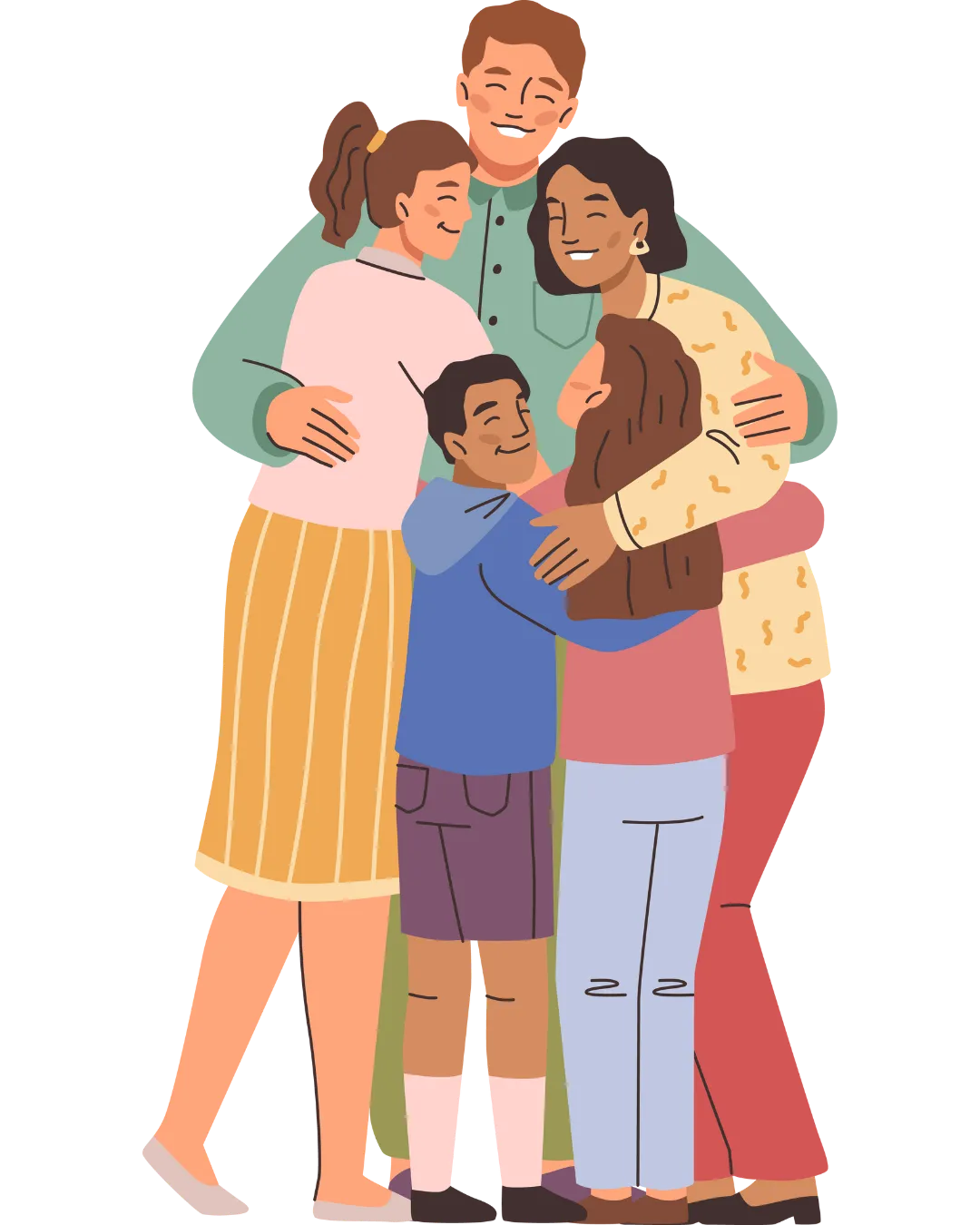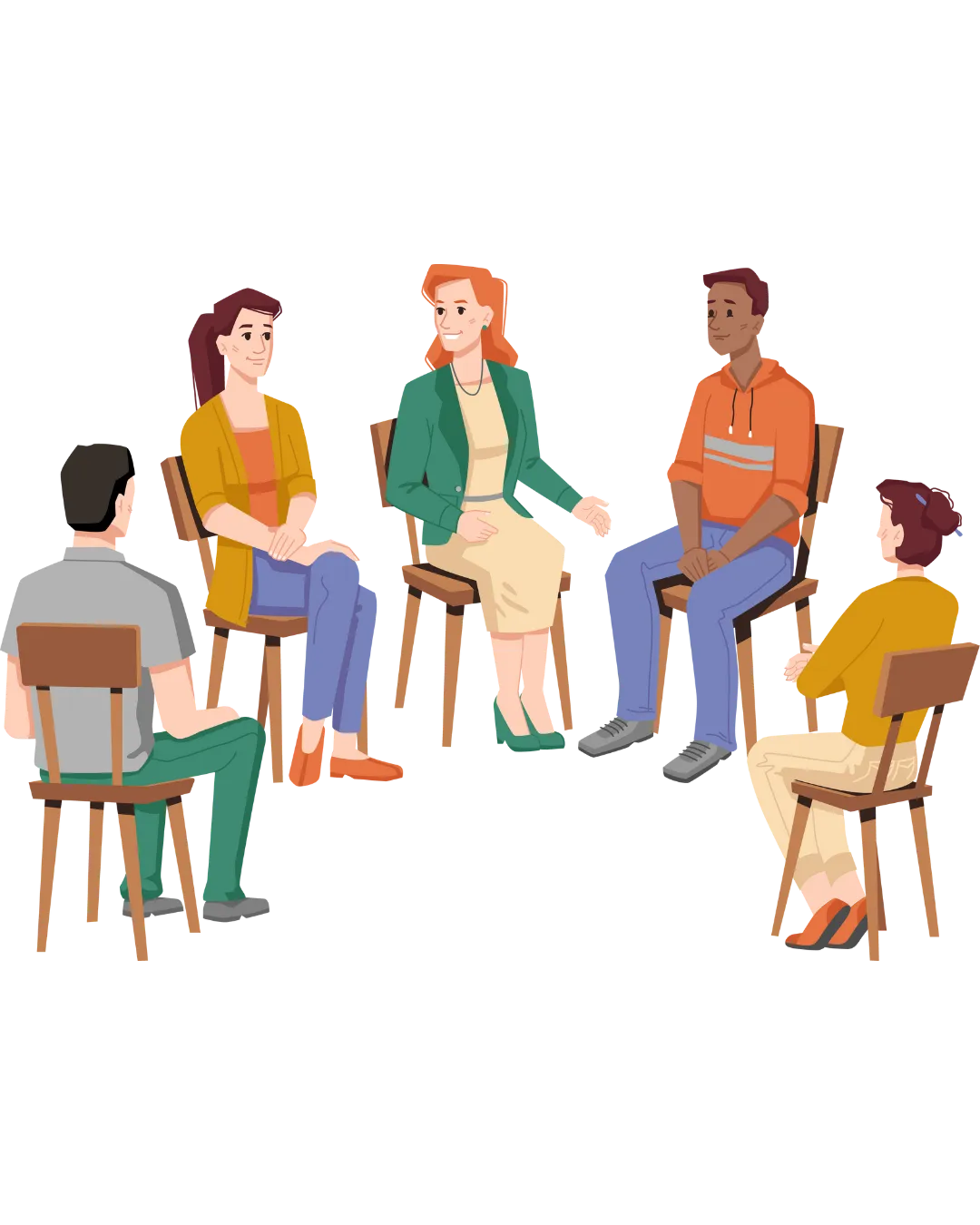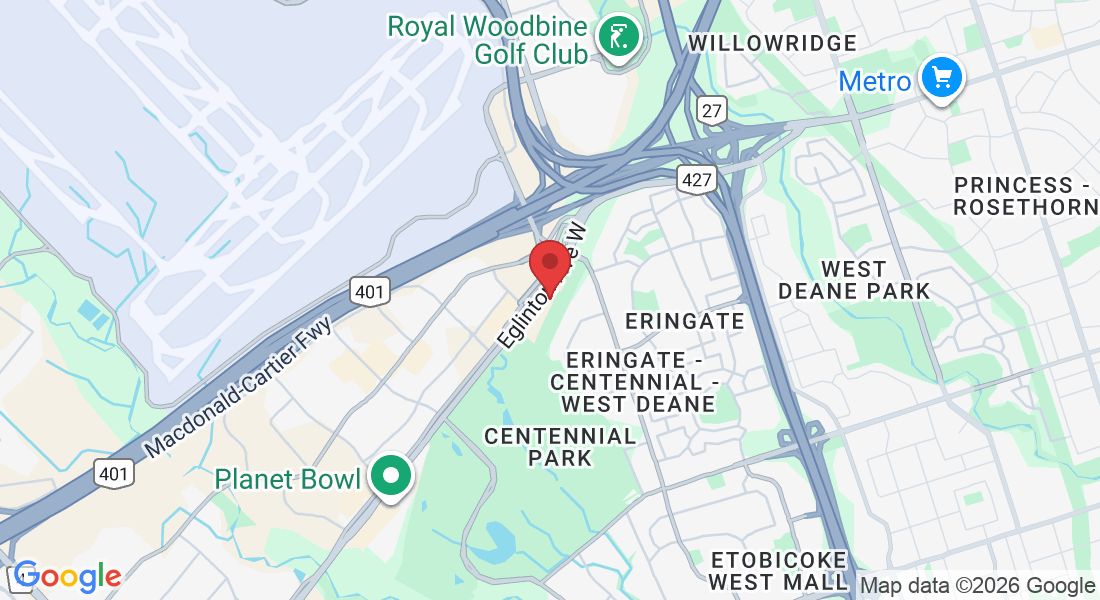Family Therapy in Ontario
Strengthen family bonds, improve communication, and create a healthier home environment.
What Is Family Therapy?
Family therapy (also called family counselling) is a type of psychotherapy that focuses on relationships within families. It offers a safe and supportive space where family members can explore challenges, improve communication, and address conflicts that impact their relationships.
Through family therapy, you and your loved ones can:
- Understand each other’s perspectives and emotional needs
- Resolve recurring conflicts and negative patterns
- Strengthen relationships across generations
- Support children, teens, and young adults through life transitions
- Improve communication, problem-solving, and family cohesion
Family counselling is designed for families of all shapes and sizes, including nuclear families, blended families, and extended households. Whether you’re looking for family therapy near me or want to explore different types of family therapy, it’s about helping your family reconnect and heal together.

Who Can Benefit from Family Therapy?
Families often seek therapy when they notice ongoing conflict, stress, or disconnection. You might consider family therapy if:
Even if your family isn’t experiencing severe conflict, therapy can support stronger relationships, resilience, and healthy ways of interacting.
Hear From Others Who Have Worked With Clear Moon Therapy
How Family Therapy Helps
Family therapy Toronto sessions use evidence-based approaches to create positive change within family relationships. Through therapy, families can:
Identify patterns and dynamics
Understand the recurring patterns that contribute to conflict or stress.Improve communication
Learn effective ways to express needs, listen, and resolve disagreements.Strengthen trust and connection
Rebuild relationships that have been strained or disconnected.Support children and teens
Address developmental, behavioral, or emotional challenges in a supportive setting.Develop practical family strategies
Create tools for managing stress, conflict, and life transitions more effectively.
What to Expect in Family Therapy Sessions
Sessions may include all family members or select individuals, depending on the goals.
The first sessions focus on understanding family dynamics, challenges, and goals.
Therapy provides structured opportunities to practice communication, repair ruptures, and strengthen relationships.
Sessions may include activities, role-playing, or take-home exercises for continued growth.
The pace is tailored to the family’s comfort, readiness, and needs.

Frequently Asked Questions About Family Therapy
What is family therapy, and how does it work?
Family therapy is a form of psychotherapy that helps family members understand and support each other better. It focuses on improving communication, resolving conflicts, and strengthening relationships within the family unit. Therapists use various approaches, such as Cognitive Behavioral Therapy (CBT), Emotion-Focused Therapy (EFT), and structural-strategic methods, to address issues like behavioral problems, mental health challenges, and life transitions.
Who should attend family therapy sessions?
Family therapy can benefit any family experiencing challenges or seeking to improve their dynamics. This includes parents, children, teens, blended families, and extended households. Whether dealing with conflicts, communication issues, or major life changes, family therapy provides a supportive environment to work through these challenges together.
How long do family therapy sessions typically last?
Each couple’s needs are unique. Some begin with 8 . The duration of family therapy sessions varies depending on the family's needs and goals. Typically, sessions last between 50 to 90 minutes. The number of sessions required can range from a few to several, depending on the complexity of the issues being addressed. It's important to discuss the expected duration with your therapist during the initial consultation. sessions, while others continue longer for deeper relational work.
What can we expect during a family therapy session?
In a family therapy session, you can expect a safe and structured environment where all family members are encouraged to express their thoughts and feelings. The therapist will facilitate discussions, help identify patterns of behaviour, and guide the family toward understanding and resolving conflicts. Sessions may include activities, role-playing, or exercises designed to improve communication and strengthen relationships.
Is family therapy covered by insurance in Ontario?
Many private insurance plans in Ontario cover family therapy services, especially when provided by registered professionals such as Registered Social Workers (RSWs) or Registered Psychotherapists (RPs). Coverage details, including session limits and reimbursement rates, vary by plan. It's advisable to contact your insurance provider directly to confirm your coverage and any requirements for reimbursement.
Build Harmony at Home
You deserve a family that feels understood, supported, and connected. Take the first step toward a healthier, stronger family dynamic by scheduling your free consultation today.
Reach Out To Clear Moon Therapy
1-(647) 372-0577
Visit Clear Moon Therapy
5399 Eglinton Avenue West
Suite 204
Etobicoke, ON
Follow Clear Moon Therapy
© 2024. Clear Moon Therapy. All rights reserved.
Read Our Privacy Policy






